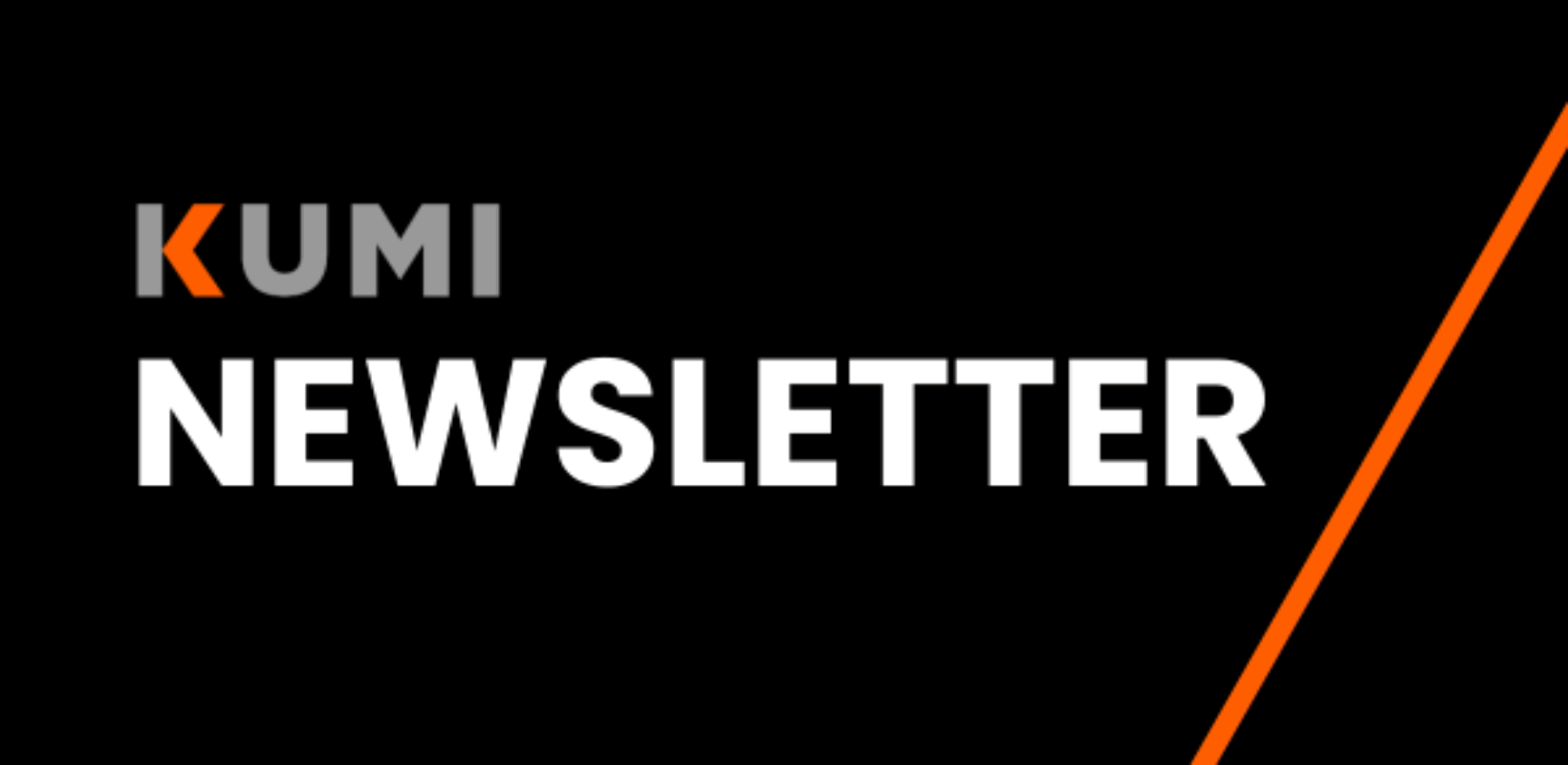
Kumi Newsletter April 2025
As I write this introduction, I am getting ready for a field trip related to our ongoing work across South America, focusing on the Artisanal and Small-scale Mining (ASM) sector. A crucial aspect of our work at Kumi involves helping our clients implement responsible sourcing practices and effectively manage risks within their supply chains.
Kumi assists companies in developing and implementing strategies that align with their core values, customer expectations and international standards. Recognising the importance of context in due diligence, we tailor these strategies to the specific situations in different countries and the unique challenges associated with various minerals. This approach ensures that our capacity-building programmes are designed to meet the distinct needs of suppliers, leading to tangible improvements.
In addition to our fieldwork, I am excited to announce that my colleagues, Andrew Britton, Jean-Baptiste Collovray, Fiona Hutmacher, Alex Graf and I will attend the upcoming OECD Forum on Responsible Mineral Supply Chains in Paris. This event provides a great platform to engage with key stakeholders, share insights and discuss key regulatory updates. If you want to meet up for a coffee, let us know!
Last but not least, let’s talk about practical, risk-based due diligence- grounded in international standards. If you missed Kumi’s feedback on the European Commission’s Omnibus proposal amending the Corporate Sustainability Due Diligence Directive (CSDDD), you can find it here.


Responsible sourcing of ASM gold in Latin America
The World Gold Council estimates that artisanal and small-scale mining (ASM) accounts for approximately 20% of the annual supply of gold and up to 80% of the total global gold mining workforce. Millions of livelihoods depend on ASM, but the sector is often exploited by malign actors and linked to organised crime, such as funding of conflict or money laundering.
When should Procurement leaders disengage from unsustainable suppliers?
Responsible disengagement involves structuring relationships thoughtfully, fostering conditions for success, and handling disengagement with care when necessary. Key considerations include balancing transparency with commercial sensitivity, evaluating supplier progress, and navigating critical dependencies. It addresses ethical dilemmas in supply chains where disengagement may be harmful or unavoidable while maintaining influence post-disengagement.


Key developments this month:
1. Thailand: auditing industry fails to protect migrant workers
…The factory prepared pre-selected workers and exchanged rehearsed questions and answers with the auditing company, said the Burmese migrant worker, who requested an alias for her safety…
2. China Just Turned Off U.S. Supplies Of Minerals Critical For Defense & Cleantech
In April 2025, while most of the world was clutching pearls over trade war tit-for-tat tariffs, China calmly walked over to the supply chain and yanked out a handful of critical bolts.

